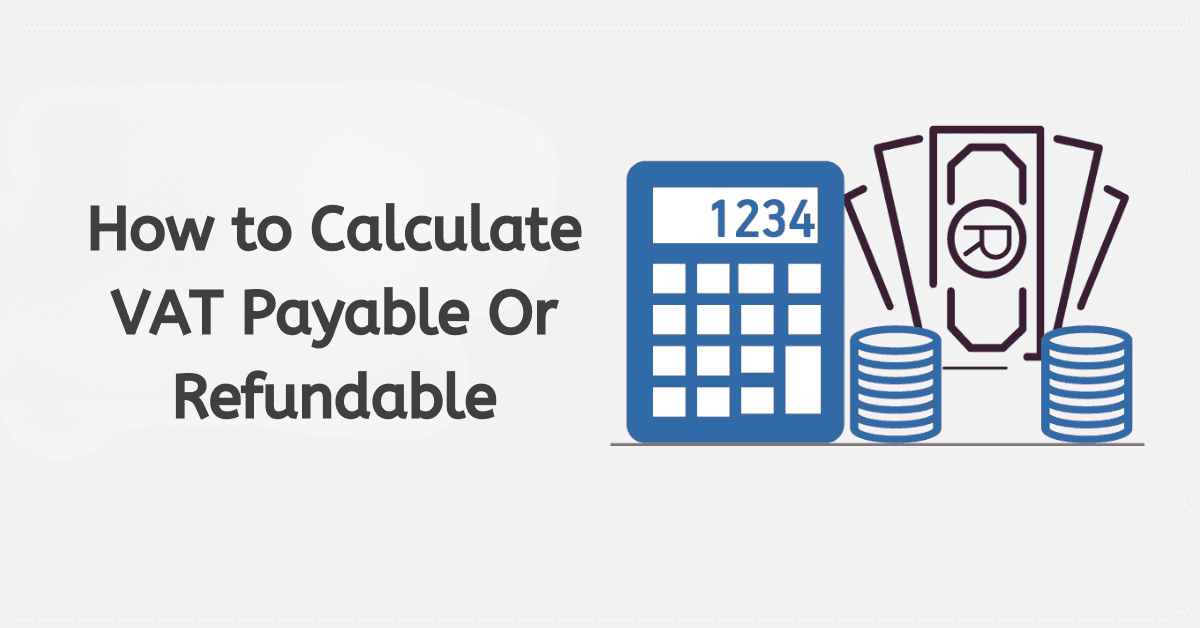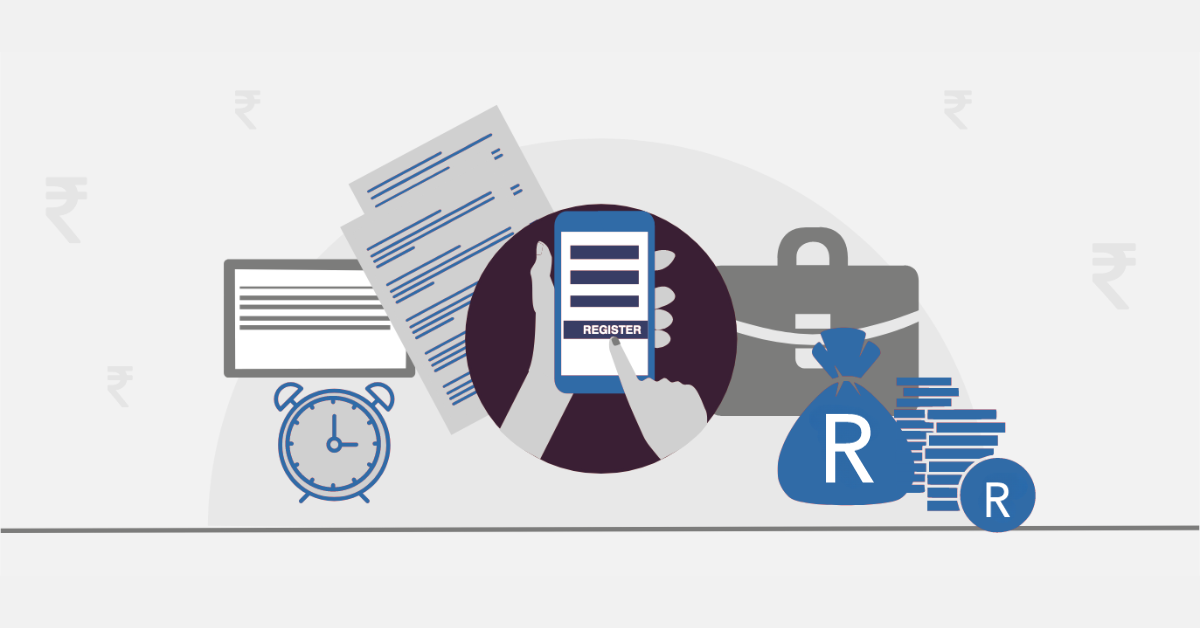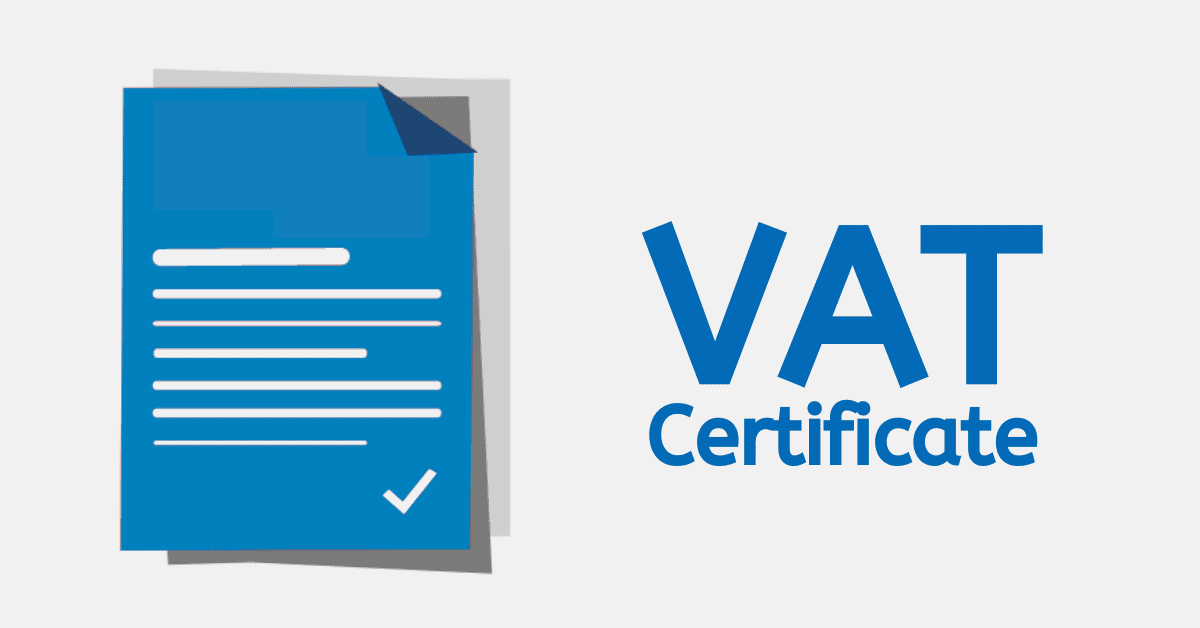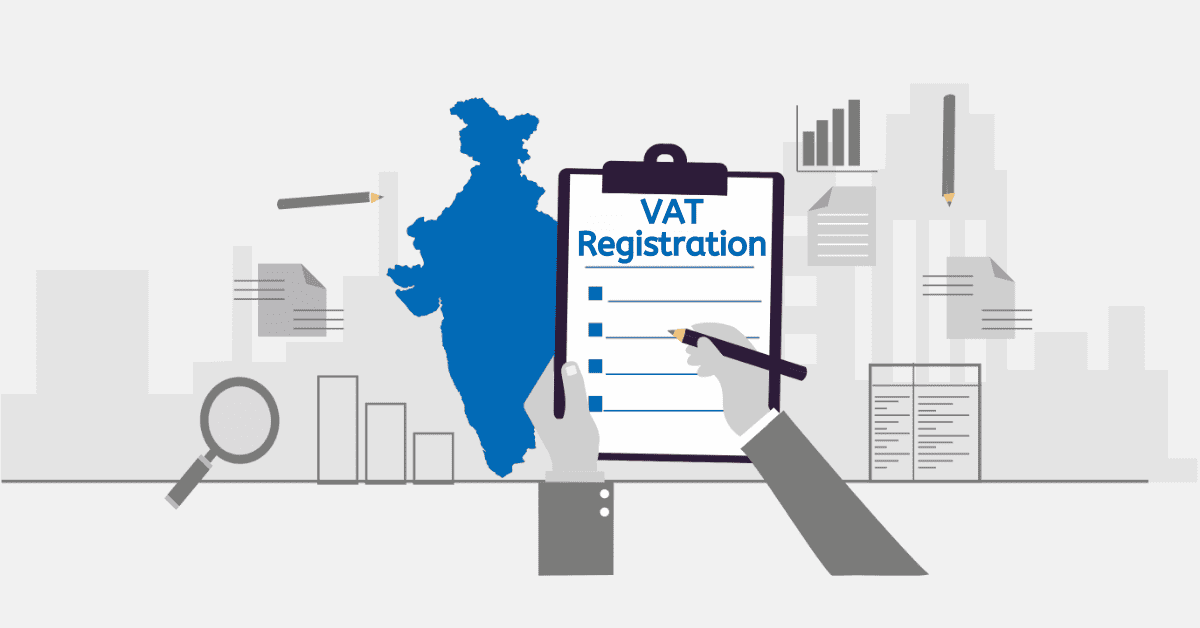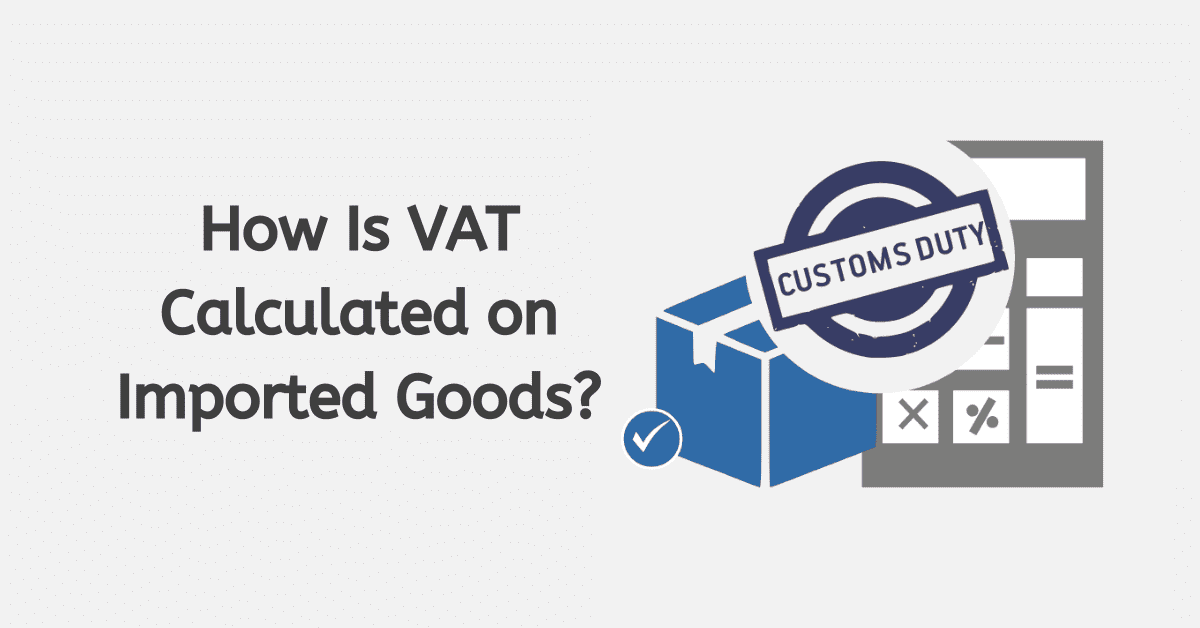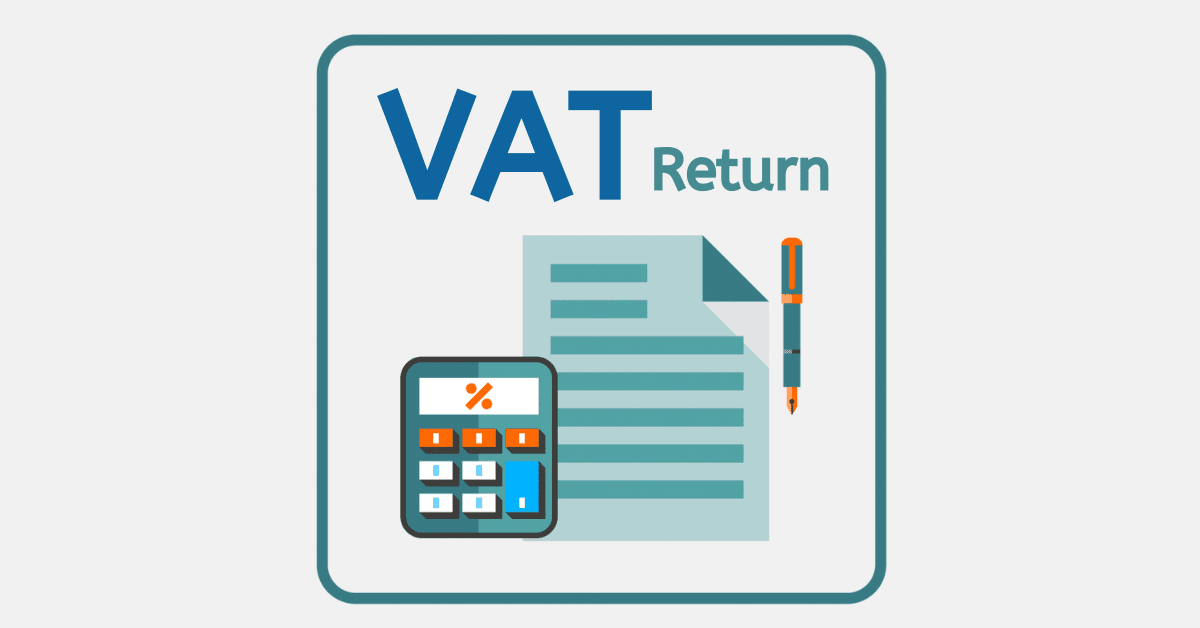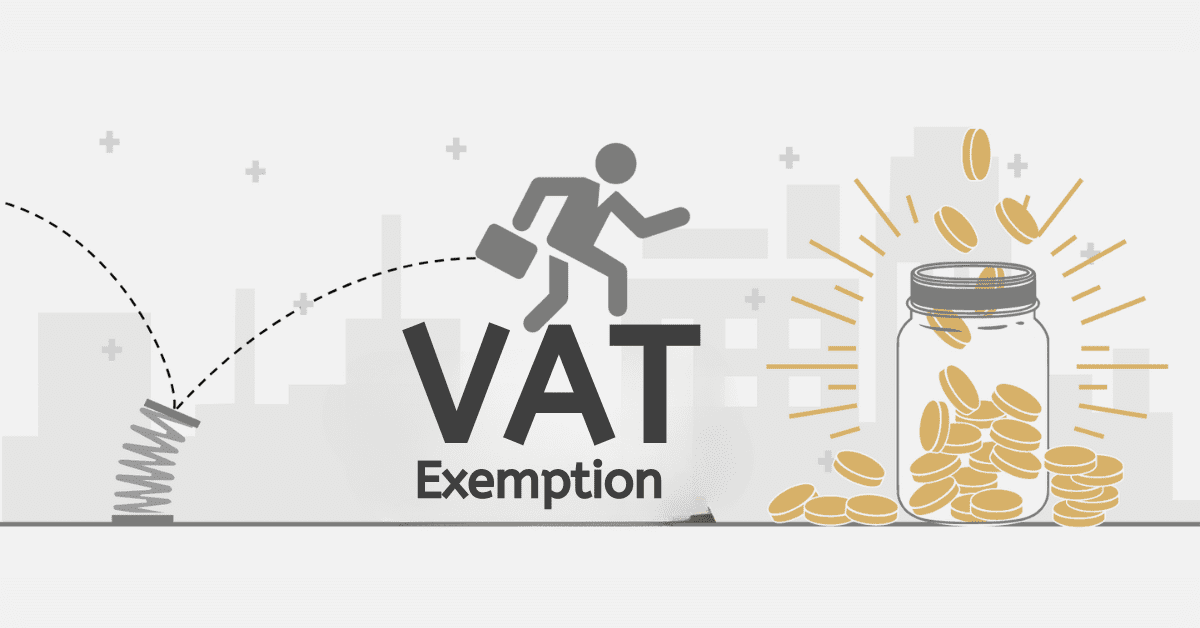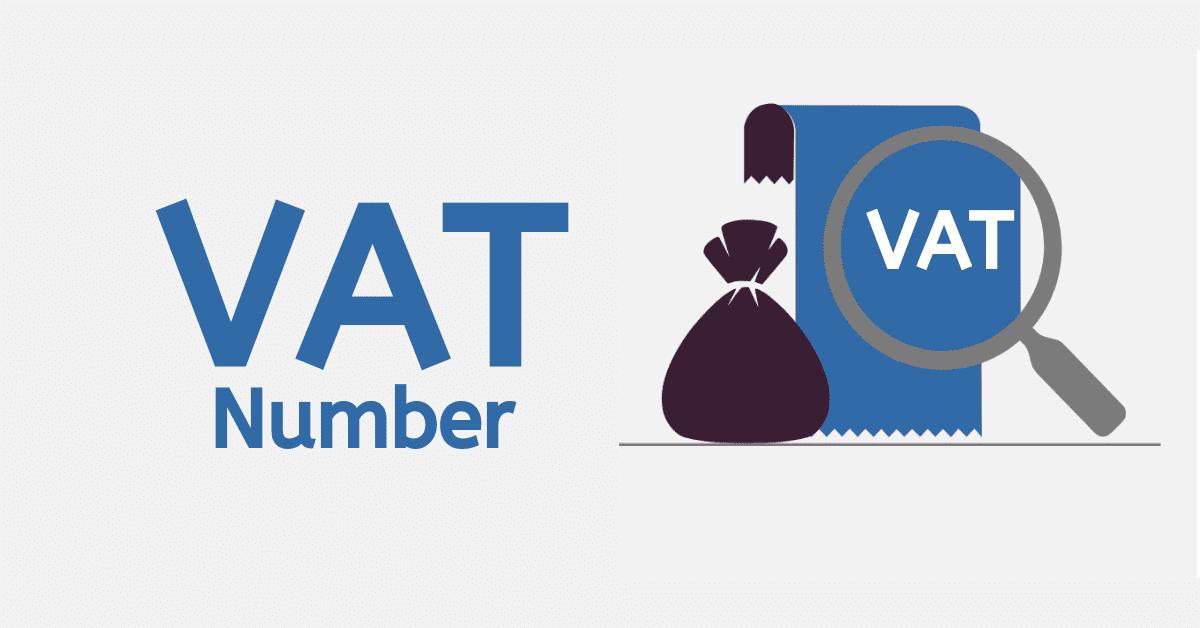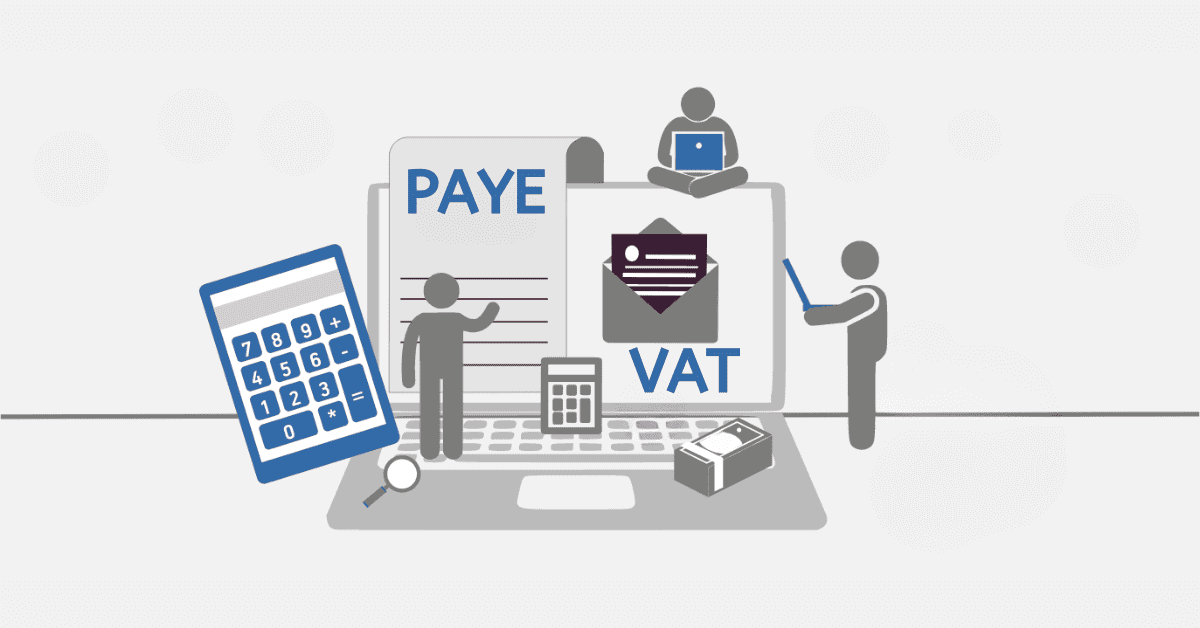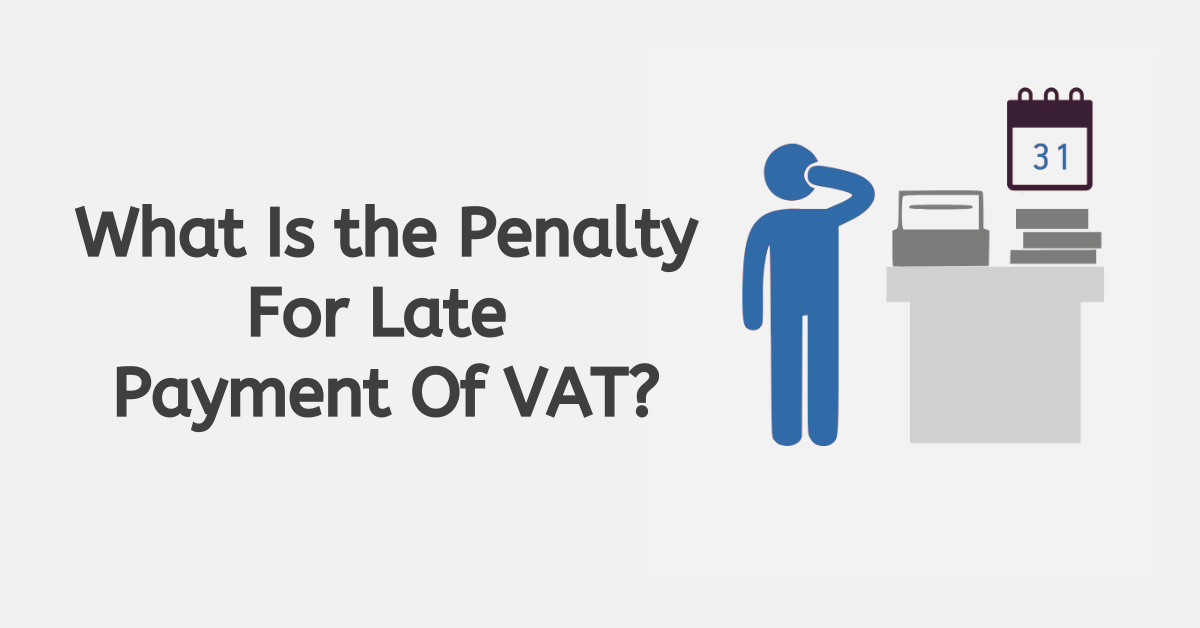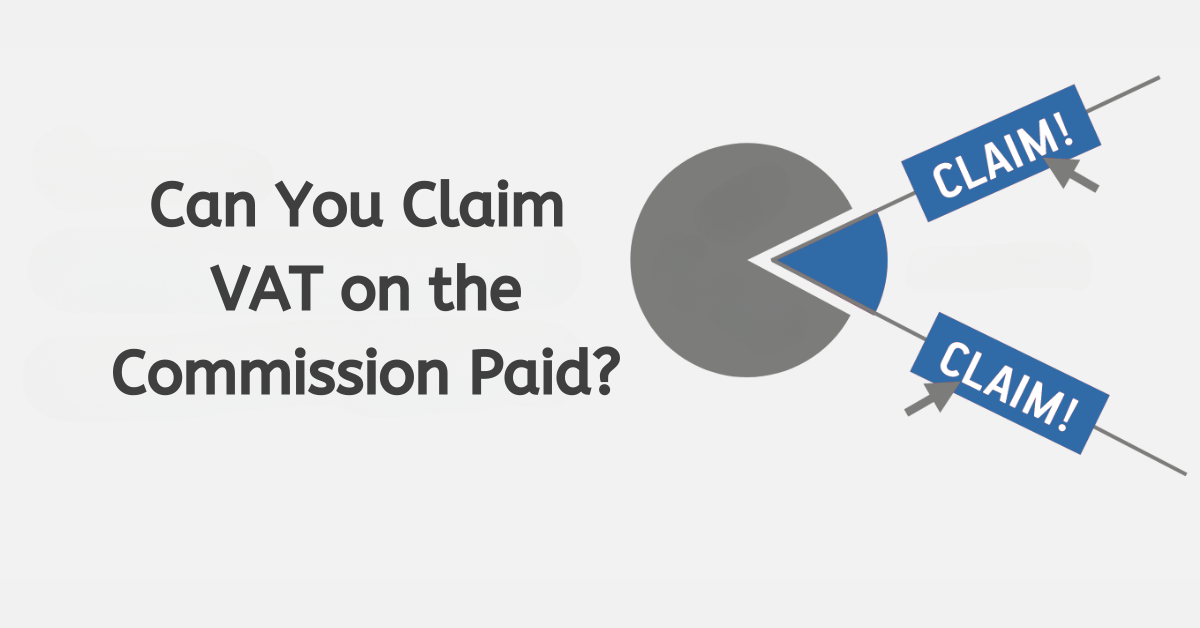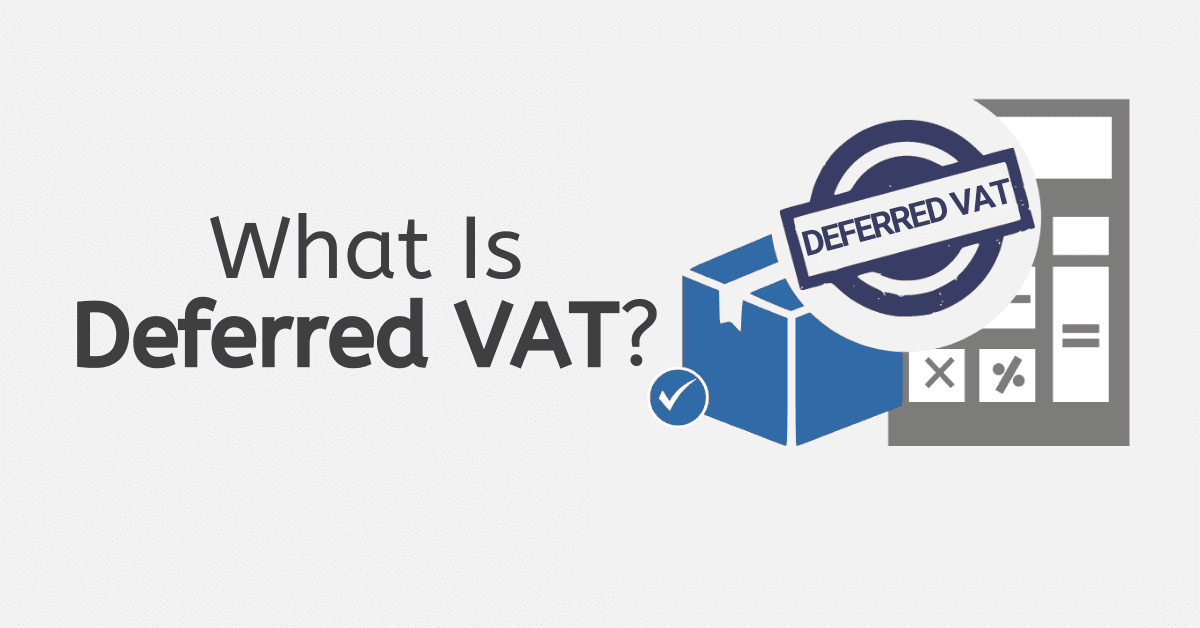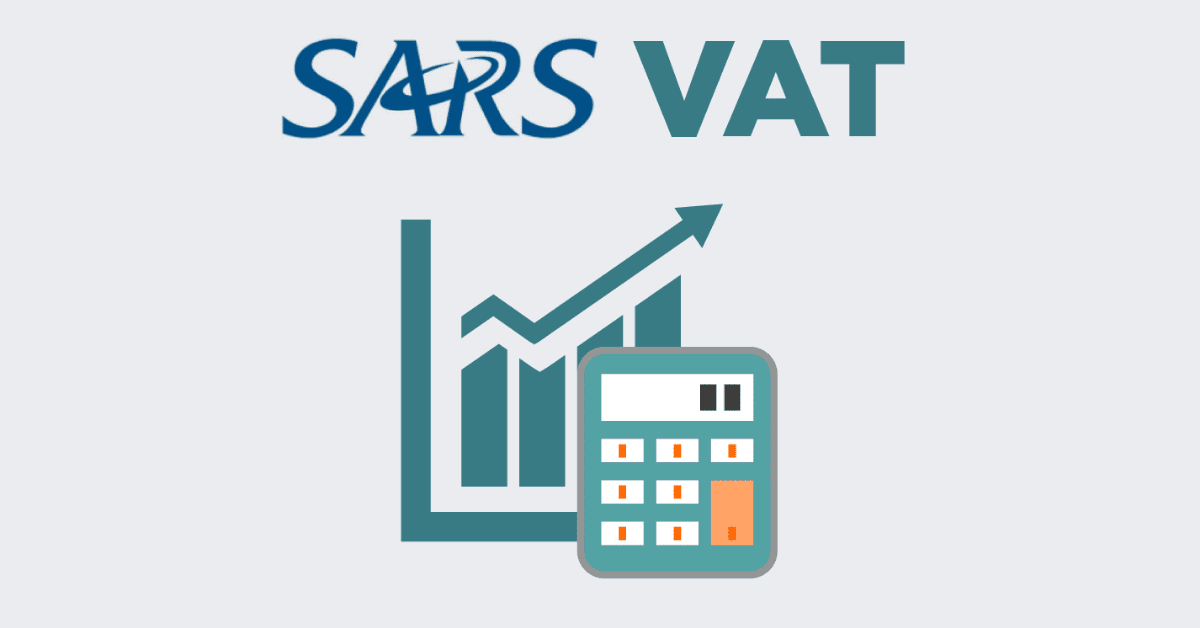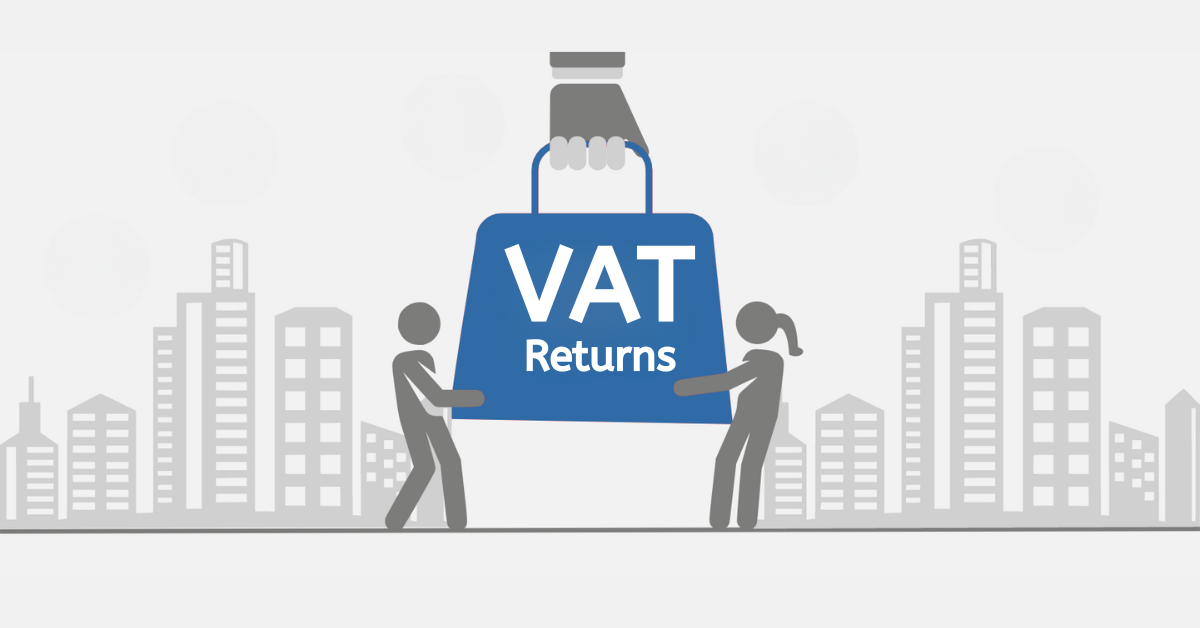If you operate a business in South Africa, you must register for value-added tax (VAT) with the South Africa Revenue Service (SARS) once your turnover revenue exceeds R1 million in 12 months. An individual, partnership, company, municipality, or trust fund can register for VAT if they are involved in the provision of goods and services for profit or not. There are different methods you can consider to register for VAT. This guide explains how you can do a VAT registration
How to Do a VAT Registration on eFiling
It is vital to provide correct documents when you register for VAT to avoid delays in the processing of your application. You will get a VAT reference number once your application has been approved. When you do a VAT registration on eFiling, follow the easy steps below:
- Create your eFiling profile
- Go to the SARS Registered Details option.
- Select home on the individual portfolio and look for the SARS Registered Details functionality on the left menu.
- The SARS registered details tab is under the Organisations menu tab on tax practitioner and organisations eFiling portfolio.
- On the left menu, choose Maintain SARS Registered Details. Select “I Agree” so that you confirm to be the authorised person to conduct the maintenance functions of a vendor.
- Under My Tax Products, select VAT- Revenue on the left menu.
- Choose “Add New Product Registration” to add or register new.
- Complete the following details in the VAT container
- Trading name
- Registered particulars
- Liability date
- Select business code
- If applicable, select the farming activity code
- Choose the relevant registration option
- Accounting basis
- Value of taxable supplies
- Tax period
- Add the following sections if they’re not prepopulated
- Contact details
- Postal
- Address
- Physical address
- Banking details
When you have entered all the relevant fields, upload your documents and submit your application. When everything is in order, you will immediately get a VAT registration number.
What Are the Requirements for VAT Registration?
Your business becomes eligible for compulsory registration once its turnover exceeds R1 million, and you must register within 21 days of attaining this status. Businesses with turnover exceeding R50 000 in 12 months are eligible for voluntary VAT registration.
To register for VAT, you need the following documents:
- Completed and signed VAT101
- Appointment and acceptance as public officer
- Certified ID of company directors
- Proof of address for your business and public officer
- Bank statement
- Tax compliance for directors
- Proof of turnover or 3 months’ bank statement
Make sure all documents are correct to avoid delays.
How Do I Register My Company for Tax on eFiling?
To register your company for tax on eFiling, you need to create a profile first on the platform. You must have the following documents to begin the process.
- Company name
- Business address and contact number
- SARS tax number
- Registration number
- Business banking details
When you have all the necessary documents, follow the steps below to register your business on the eFiling platform.
- Go to the SARS website https://www.sarsefiling.co.za. There is a list of options on the home page’s middle right side when you should choose Register Now.
- Complete your details when the eFiling Register screen appears and click Next.
- Enter your account details and login information you want to use
- Input your additional personal details to be registered for a tax number by SARS
- Choose the preferred communication channel between you and SARS. The method you choose acts as eFiling security contact information, which is used to receive One-Time-Pin to authenticate you as the user
- Enter the OTP you receive by email address or SMS
- The eFiling login screen appears once you are done, and this means your registration has been successful.
- You can now log into your SARS eFiling account using your username and password. You should not share your password with any third party.
- The eFiling welcome screen is displayed, and it shows the terms and conditions. Read and click “I Accept”.
- The screen shows your details. When you choose the return type(S), click the “Submit” tab to activate your new SARS eFiling profile.
- You will be directed to the eFiling home page, which displays an outline of your present tax affairs. From this stage, you can request a statement of account to see if your tax returns are up to date.
Is a Tax Number and VAT Number the Same?
A tax number and a VAT number are two different things. It is compulsory for all businesses that generate taxable revenue from their operations to register for income tax. Once a business is registered for tax, it automatically gets a tax number, and it will be expected to submit annual tax returns.
On the other hand, a business can only register for compulsory VAT if its turnover in 12 consecutive months exceeds R1 million. VAT is levied on taxable supplies of services and goods. The registered vendor is responsible for paying the VAT collected from the customers to the government. Businesses that have reached a turnover of R50 000 but less than R1 million can also register for voluntary VAT.
Therefore, not all businesses are eligible to register for VAT, but they must register for income tax when they earn taxable income. One can have a tax number without a VAT number, or they can have both depending on the nature of their business.
How Do I Submit VAT Returns in South Africa?
You can submit VAT returns via the eFiling channel, and you have up to the last business day of the month to do this. This method is convenient since you can handle your VAT returns in the comfort of your home. You can also submit your VAT return at your nearest SARS branch. However, you need to book an appointment via the SARS website before you visit your branch. Be sure to file your return before the 25th of the month in question.
If your business reaches the R1 million threshold in 12 months, you should register for compulsory VAT. E-filing is the easiest method you can consider to register for VAT. You can also use the platform to submit your VAT return, make payments, and check your current VAT status.
